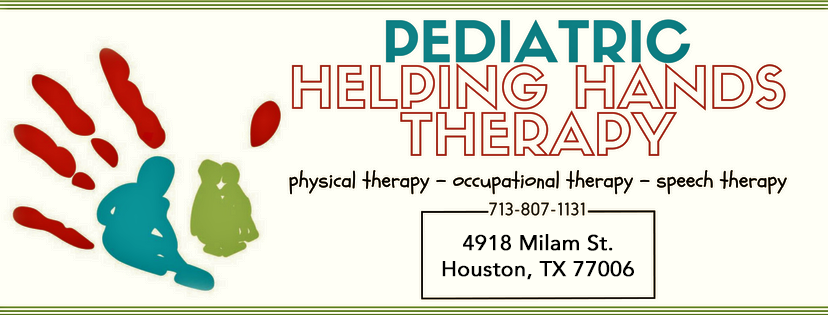(OT) treatment focuses on helping people with a physical, sensory, or cognitive disabilities to be as independent as possible in all areas of their lives. In the pediatric setting, OT can help kids with various diagnoses, deficits, or difficulties to be more successful and independent at home, school, and in the community.
A child’s main job is to play and learn. Occupational therapists can evaluate a child’s skills for playing, school performance, and participating in daily activities relative to what is developmentally appropriate for their age group.
OT practitioners address physical, psychological, social, and environmental factors to enhance overall function, participation, and independence. This approach makes OT a vital part of health care for many children.
Pediatric Occupational Therapy may benefit those with:
- Birth injuries or birth defects
- Sensory processing disorders
- Traumatic injuries (brain or spinal cord)
- Learning difficulties
- ADD/ADHD
- Autism/pervasive developmental disorders
- Juvenile rheumatoid arthritis
- Mental health or behavioral problems
- Broken bones or other orthopedic injuries
- Developmental delays
- Post-surgical conditions
- Burns
- Spina bifida
- Traumatic amputations
- Cancer
- Severe hand injuries
- Multiple sclerosis, cerebral palsy, and other chronic illnesses
- Handwriting difficulties
- Feeding and swallowing problems
Occupational therapy may help your child with:
- Meeting developmental milestones
- Fine motor skills
- Hand-eye coordination
- Neuromuscular re-education
- Self-care
- Sensory integration
- Social skills
- Behavioral modification
- Coping skills
- Adaptive techniques or devices
- Specialized equipment such as wheelchairs, splints, bathing equipment, dressing devices, or communication aids

